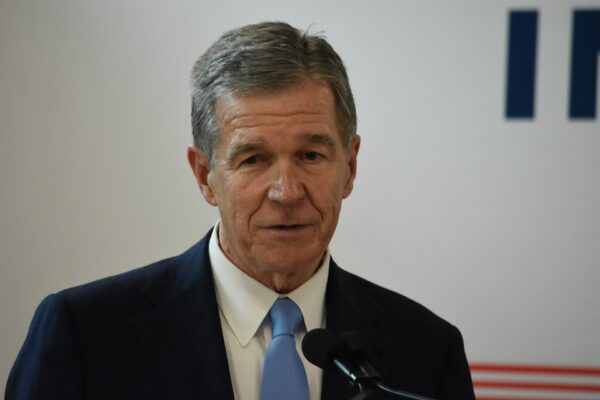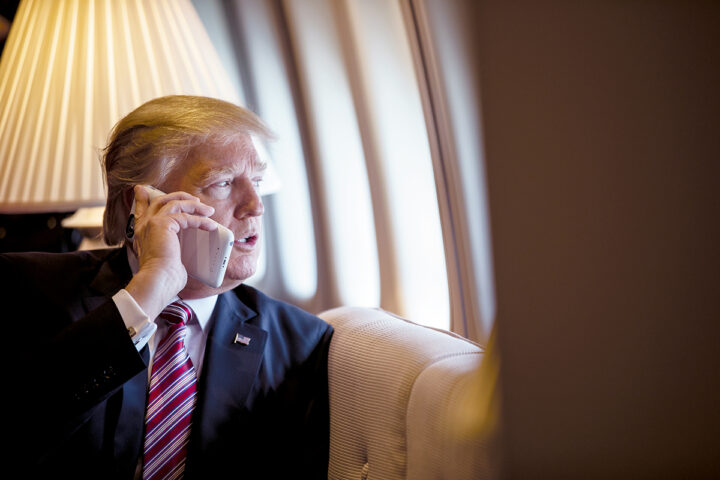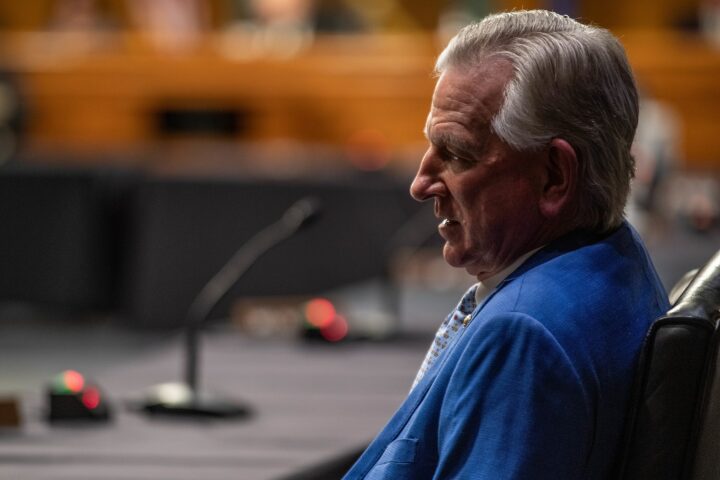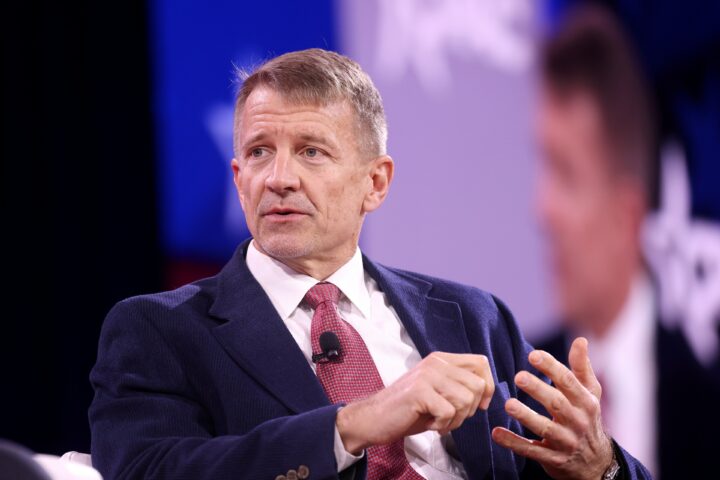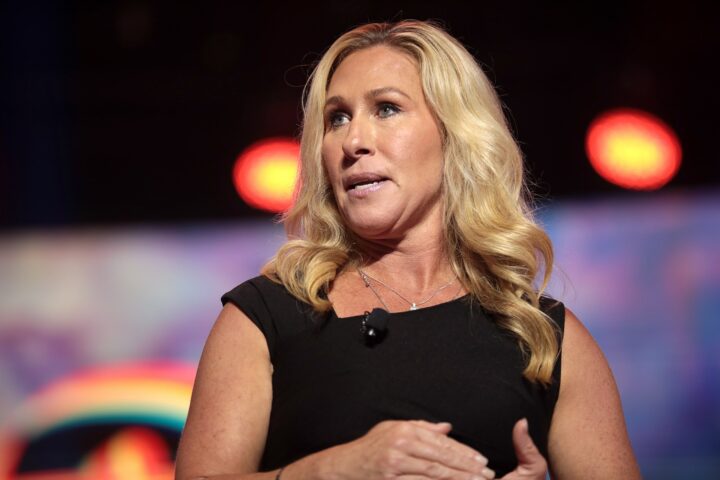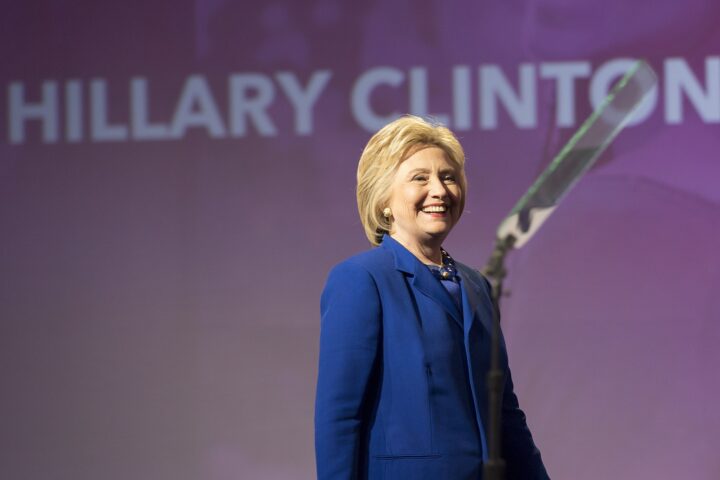A new Emerson College Poll released Friday reportedly shows former Democratic Governor Roy Cooper holding an early lead over Republican National Committee Chair Michael Whatley in the race for North Carolina’s open U.S. Senate seat.
But with over a year to go before Election Day, Republicans see an opening — and a Trump-backed candidate poised to grow.
Cooper, a familiar face in North Carolina politics after two terms as governor, leads Whatley 47% to 41% in a potential general election match-up, with 12% of voters undecided.
While that edge may reflect Cooper’s near-universal name recognition — 84% of voters said they have an opinion of him — Whatley’s low profile provides a rare strategic opportunity: room to define himself before Democrats and media elites try to do it for him.
“Michael Whatley’s low name recognition presents both a challenge and an opportunity,” said Spencer Kimball, executive director of Emerson College Polling. “Nearly two-thirds of voters either don’t know him or are unsure. That leaves room for his campaign to define him before his opponent does.”
The early numbers reflect the asymmetry in familiarity, not necessarily enthusiasm. Cooper is viewed favorably by just over half of voters, while 33% view him unfavorably — a net favorability that suggests lingering doubts about his leadership.
Whatley, on the other hand, sits near even at 17% favorable and 16% unfavorable — a neutral starting point for a candidate just days into his campaign.
Cooper’s lead is largely driven by younger and more left-leaning demographics. He holds a 19-point lead among independents and a striking 25-point advantage among voters under 50.
Whatley, however, commands a 52–41 lead among voters over 50 — a demographic that historically turns out in high numbers.
The poll, one of the first to test this general election scenario, comes as both candidates enter the race with strong party backing. Cooper launched his campaign Monday, raising an eye-popping $3.4 million in just 24 hours.
Democrats view the seat — currently held by retiring Republican Sen. Thom Tillis — as one of their few paths to flipping a seat in 2026.
Whatley, who announced Thursday, is wasting no time. He entered the race with a key endorsement from President Donald J. Trump, and within hours received backing from Senate Republican leadership, including Majority Leader John Thune and Sen. Tim Scott, who leads the party’s Senate campaign arm.
While Democrats and the press will point to this poll as an early advantage for Cooper, Republican strategists are unlikely to panic.
The numbers reflect a name ID gap more than a settled race. With Trump’s endorsement, growing national support, and a base of older voters, Whatley begins with key building blocks — and ample time to introduce himself to voters in a state that remains reliably competitive.
The Emerson College poll surveyed 1,000 registered voters in North Carolina between July 28–30. The margin of error is plus or minus 3 percentage points.

